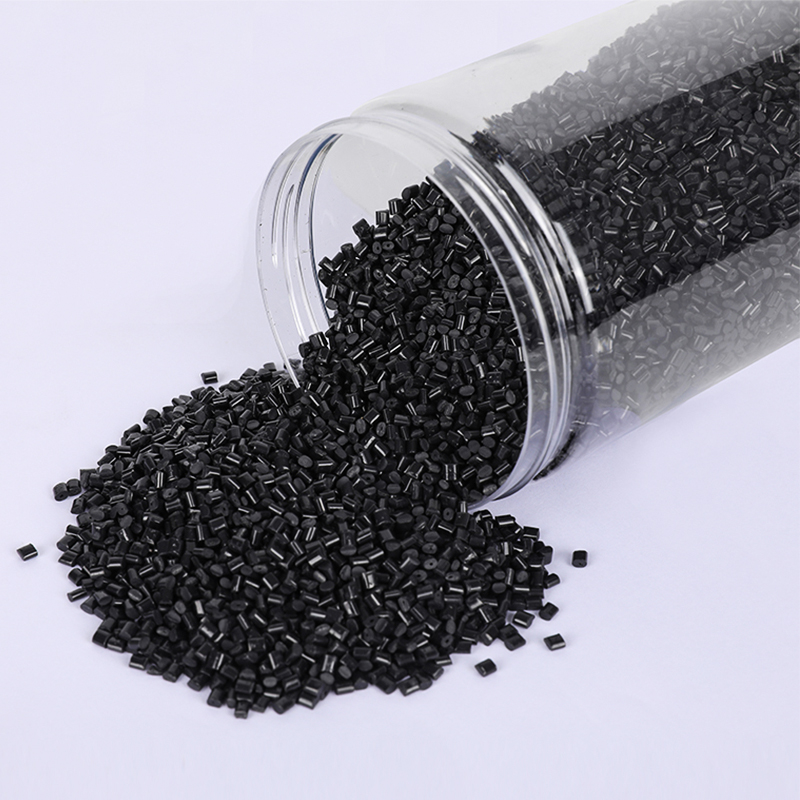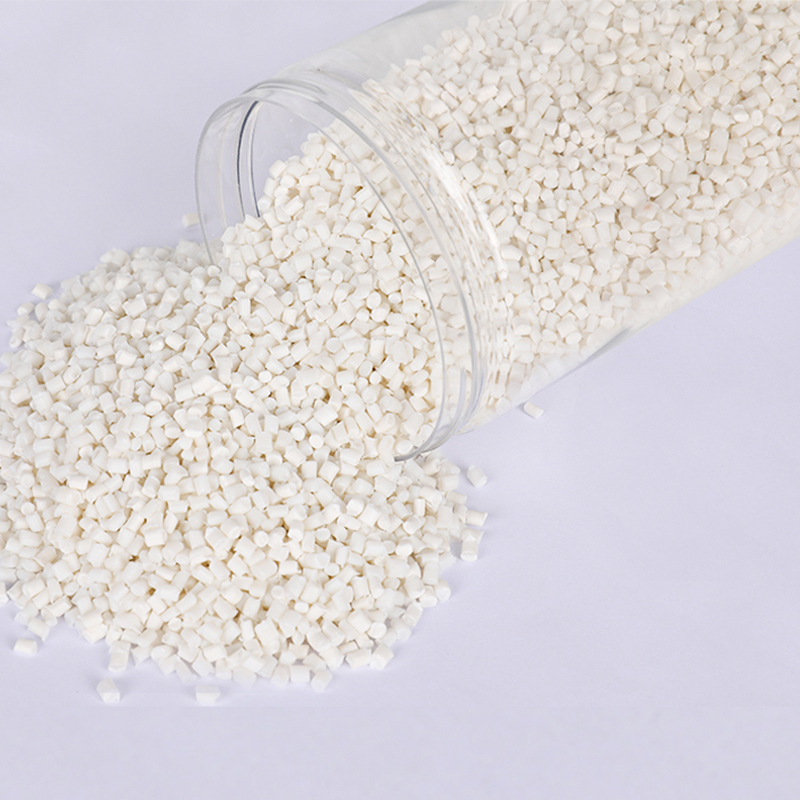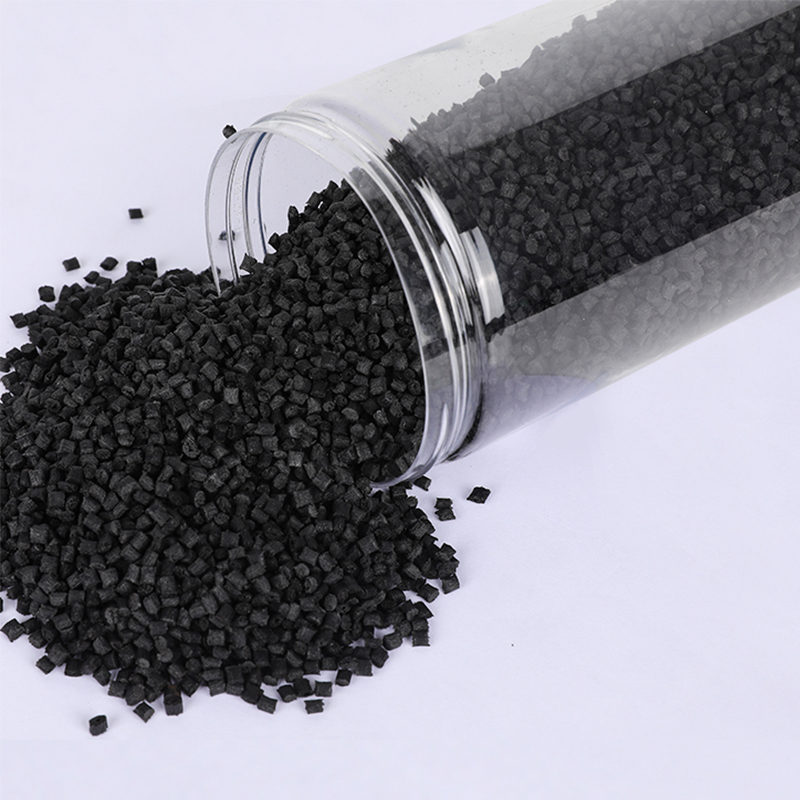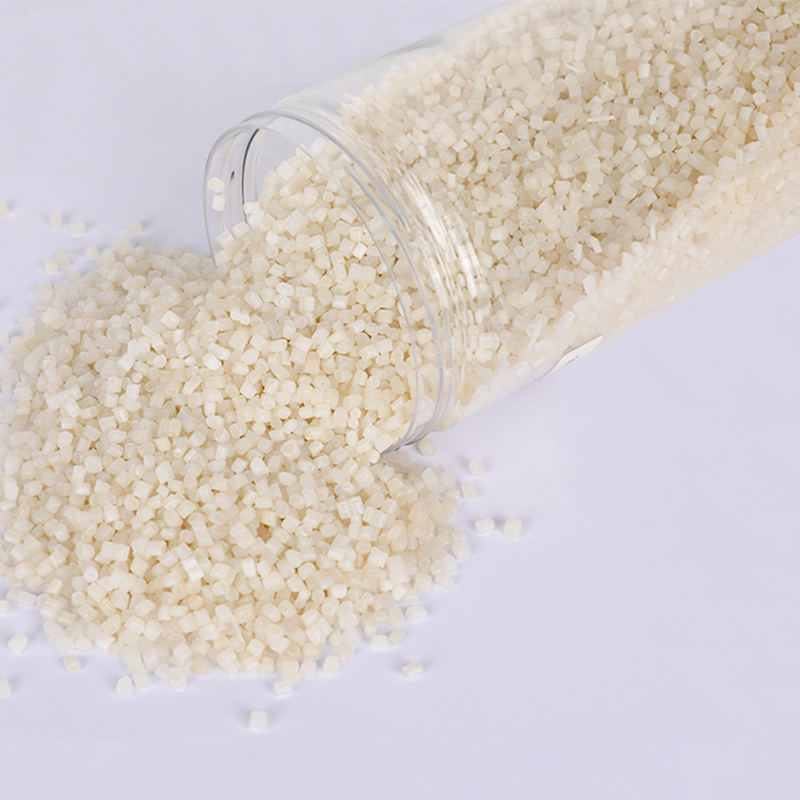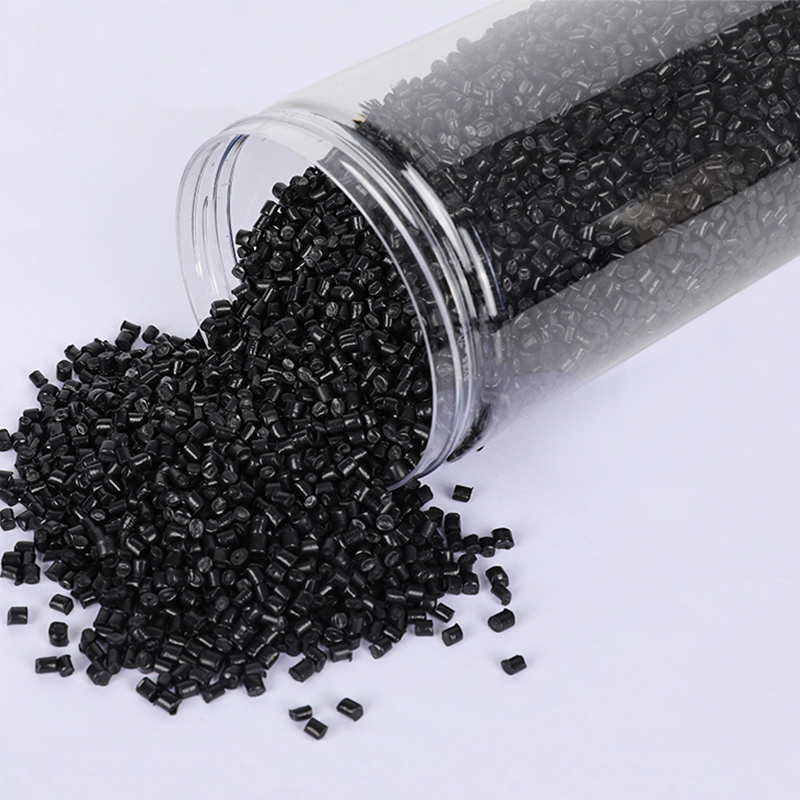Stay up to date with our recent products
Web Menu
Product Search
Exit Menu
Optimal Processing Temperature for Molding ABS Resin
When working with ABS resin, one of the most crucial factors to consider is the processing temperature, as it directly influences the quality and efficiency of molding or extrusion processes. ABS resin, known for its excellent impact resistance, heat tolerance, and versatility, requires careful attention to ensure optimal results in various applications, from automotive parts to electronics housings.
For injection molding, the recommended processing temperature range for ABS resin typically falls between 180°C to 240°C (356°F to 464°F). The exact temperature within this range will depend on the specific grade of ABS resin and the type of part being produced. Lower end temperatures within this range are usually preferred for general applications, while the upper range might be necessary for parts requiring higher durability or intricate geometries. It's important to note that if the temperature is too low, the resin may not flow properly, leading to poor mold filling and surface defects. On the other hand, temperatures that are too high could result in material degradation, which negatively affects the part's strength and surface quality.
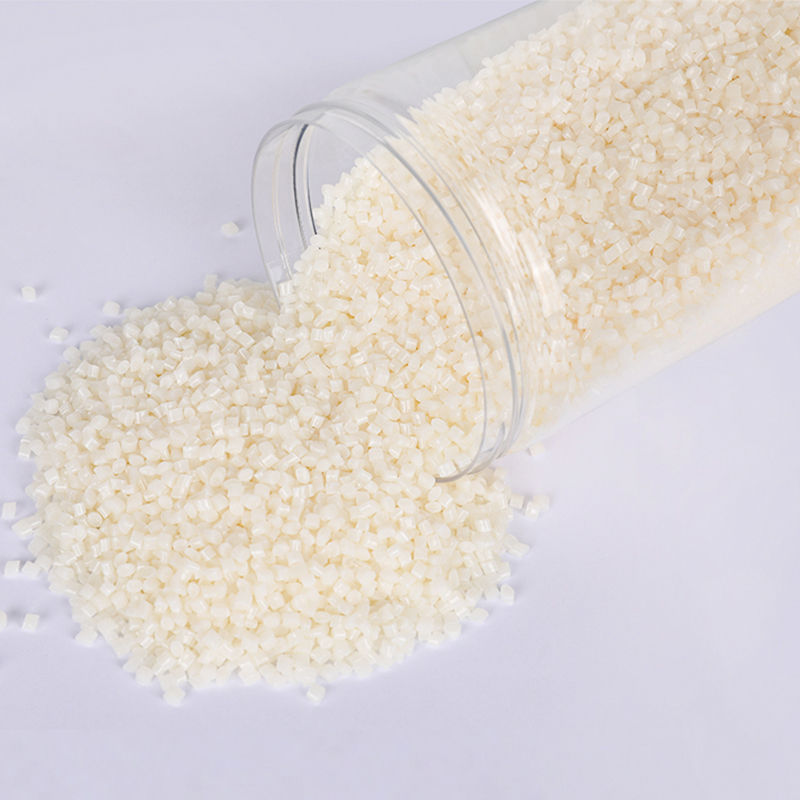
Extrusion processes with ABS resin typically require a slightly lower temperature range, usually between 220°C to 240°C (428°F to 464°F). This is because extrusion generally involves a continuous, high-throughput process that demands consistent melt viscosity and uniform material flow. However, just like in injection molding, careful temperature control is vital to prevent excessive degradation or inconsistency in the final product.
The mold temperature also plays a significant role in the final part quality. A typical mold temperature for ABS ranges between 40°C to 80°C (104°F to 176°F). Keeping the mold temperature consistent helps in improving the surface finish and the overall mechanical properties of the molded part. If the mold temperature is too low, the part may cool too quickly, leading to stress and warping.
For those looking to achieve the best performance, understanding the precise temperature requirements of ABS resin during processing is key to maximizing both efficiency and material performance. Fine-tuning these parameters ensures that the material's inherent qualities—like its toughness, chemical resistance, and smooth surface—are preserved, resulting in products that meet the demanding standards of industries such as automotive, electronics, and machinery.
As China PCR Recycled Plastic Granules Factory, We always adhere to the experience and philosophy of "keeping up with the times, constantly innovating, developing efficiently, and cooperating for mutual benefit"

Address: No.11, Wangzhuang Section, Provincial Road 01, Daqiao New Area, Economic Development Zone, Haiyan County, Jiaxing City, Zhejiang Province, China
Phone: +86-18058285678
Fax: +86-0573-86868101
E-mail: [email protected]
SUNRISE GROUP(Overseas Exclusive Agent)
www.sunrisechemical.com
2024 ICIS Global Chemical Distributor Top 8
Export Sales Manager:Helen Zhang
Mob/Whatsapp: +86 19883063465
Email: [email protected]
Copyright © Jiaxing Anyiju Plastic Industry Co., Ltd. All Rights Reserved

 简体中文
简体中文 English
English

